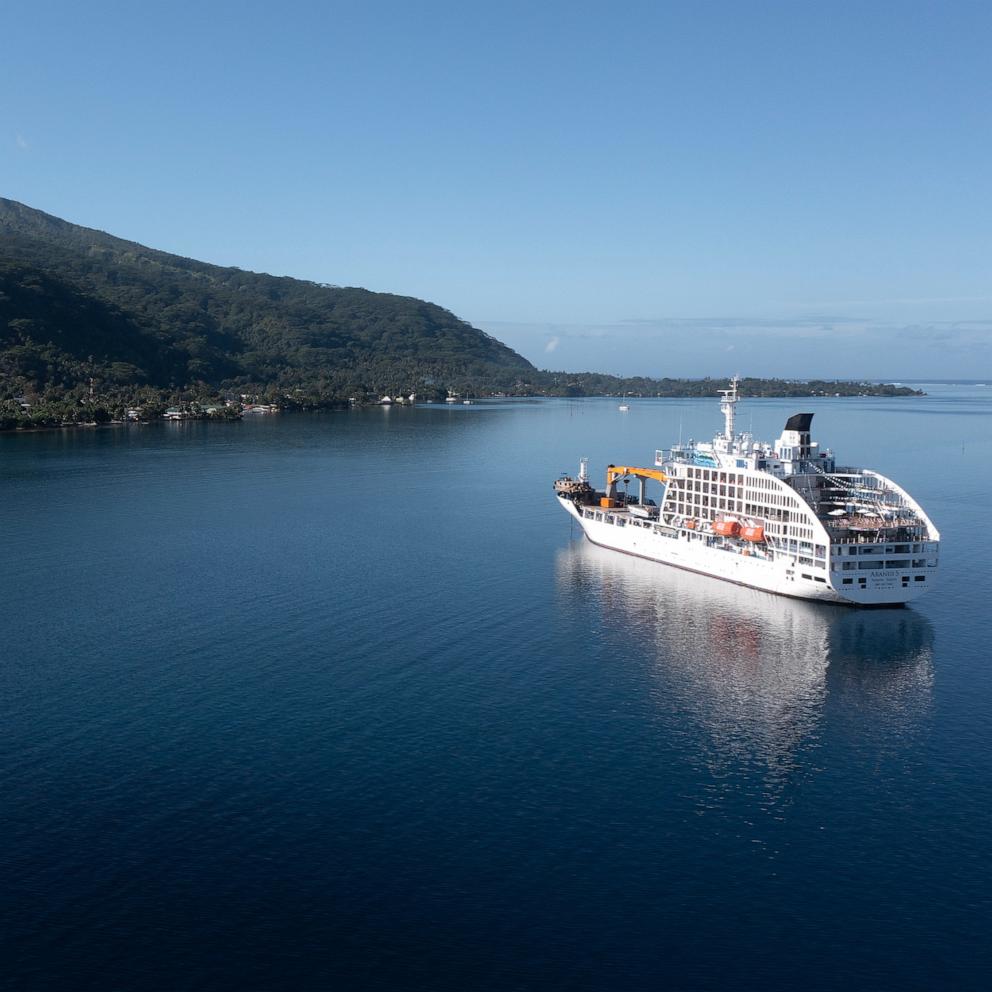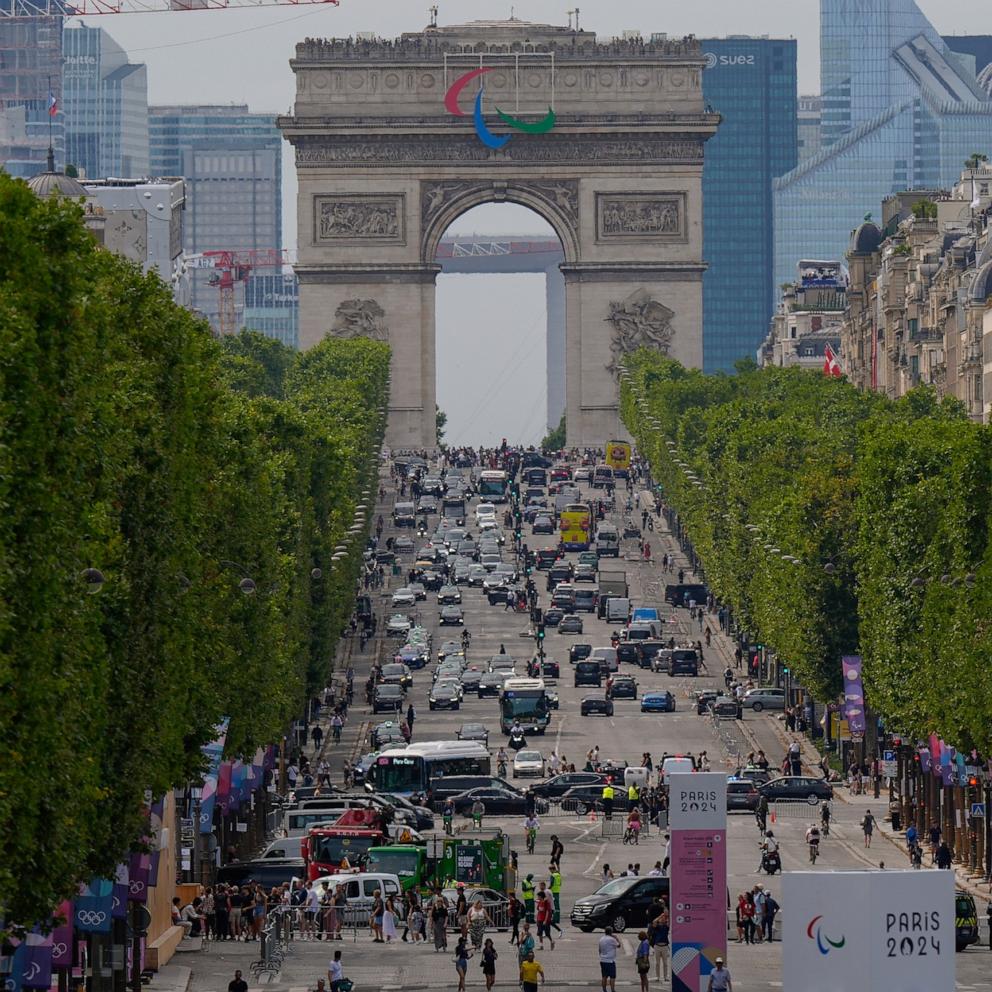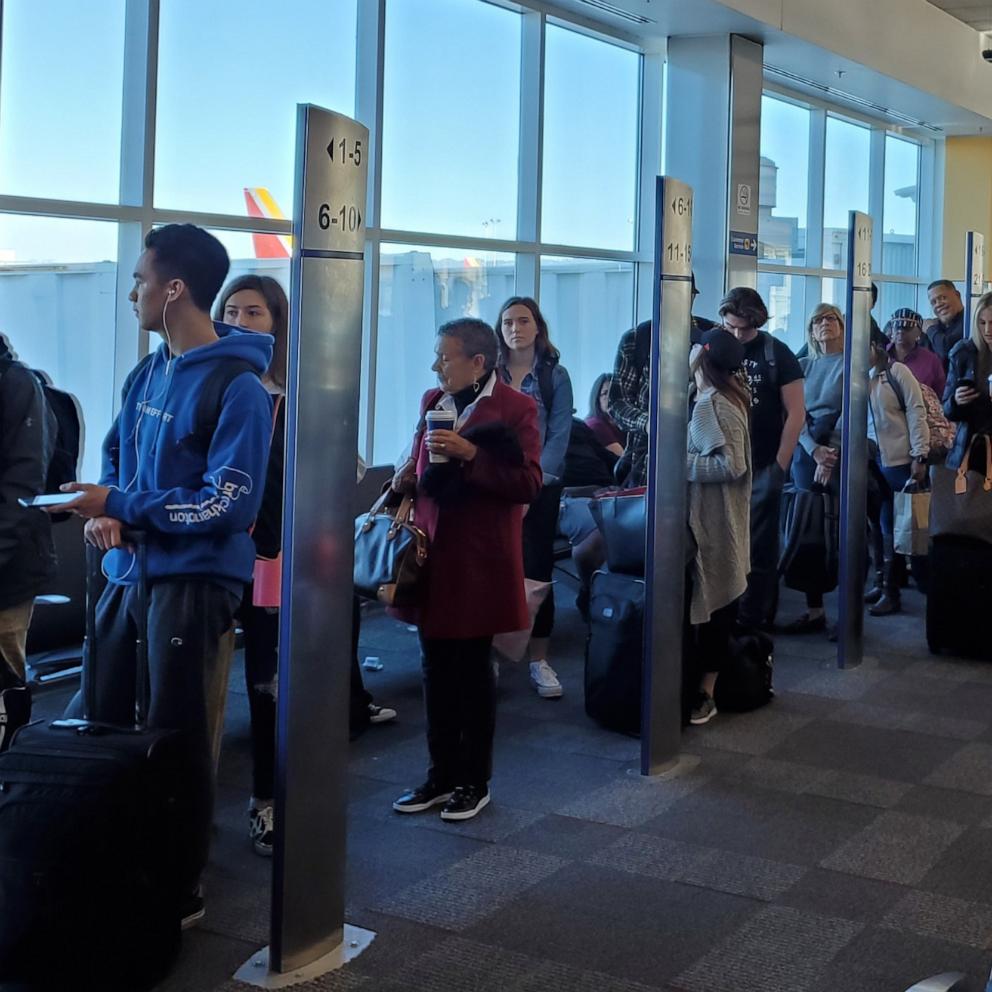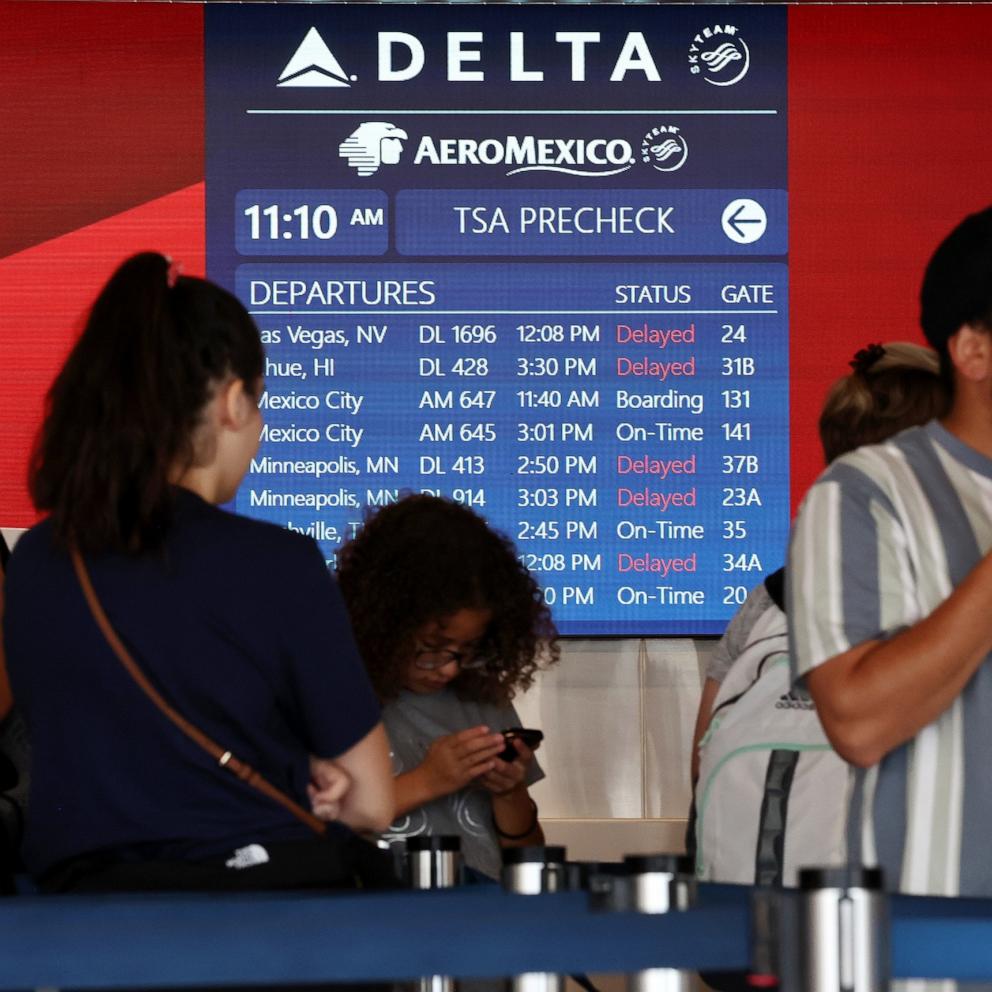Traveling over the holidays? Here's how to stay safe from COVID-19
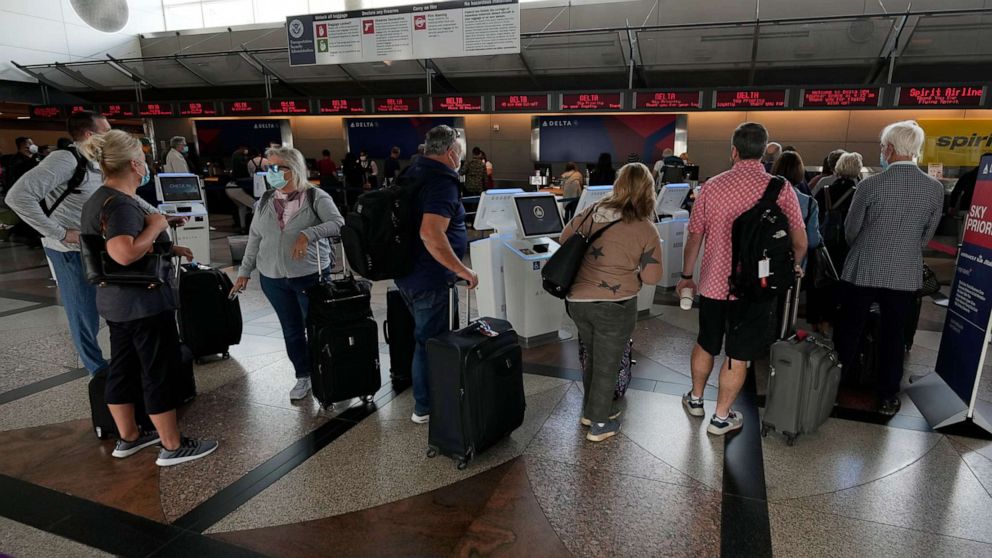
In the spring of 2020, U.S. airlines started touting electrostatic spraying, more frequent cleaning, and advanced filtration systems onboard in an attempt to convince passengers that flying is safe amid the pandemic.
But as the nation battles new variants of the virus and people consider buying tickets for the holidays -- do these measures help prevent the spread of COVID-19?
“The evidence is pretty good with respect to cleaning materials that airlines use for the most part it's going to kill a lot of the virus, and hopefully all of it,” Dr. Jay Bhatt, an internal medicine physician, an instructor at the University of Illinois School of Public Health and an ABC News contributor, said in an interview with ABC News. “But that still doesn't take away the issue of being in close proximity to others, as you're traveling, getting out of planes getting seated, getting up and leaving grabbing your bag. There's a lot of different exposure risk and possibility there.”
While there are no longer any distancing policies on planes, carriers say the HEPA filtration systems on flights help curb the spread of the virus by making the air quality comparable to that of an operating room.
“Planes are using hyperfiltration and are requiring masking -- those are both really good things to help reduce the risk of infection," Bhatt said.
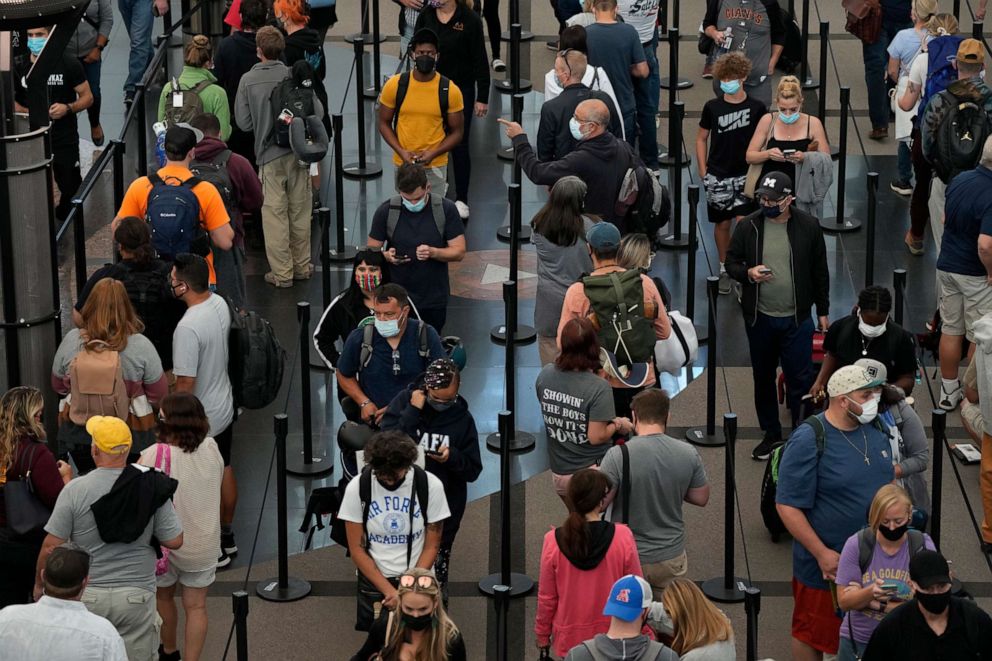
But the best way to mitigate any potential risk is by getting vaccinated, masking up, and resisting dropping your mask to eat or drink. And not all masks are created equal, Bhatt said.
"The difference between a high-grade quality mask or double masking compared to one blue surgical mask is about 10 to 12% more protective," Bhatt.
Bhatt said it's still important to be cautious while traveling over the holidays and recommends getting tested three days before a trip for those who are fully vaccinated.
“There's higher risk during the holidays because of the amount of people traveling, the in and out of people in colleges and universities, and as well as in school with adolescence and younger kids,” he said. “The other issue is that in many parts of the country, there are folks that think the pandemic is over. And let's be clear, we are still very much in a pandemic.”
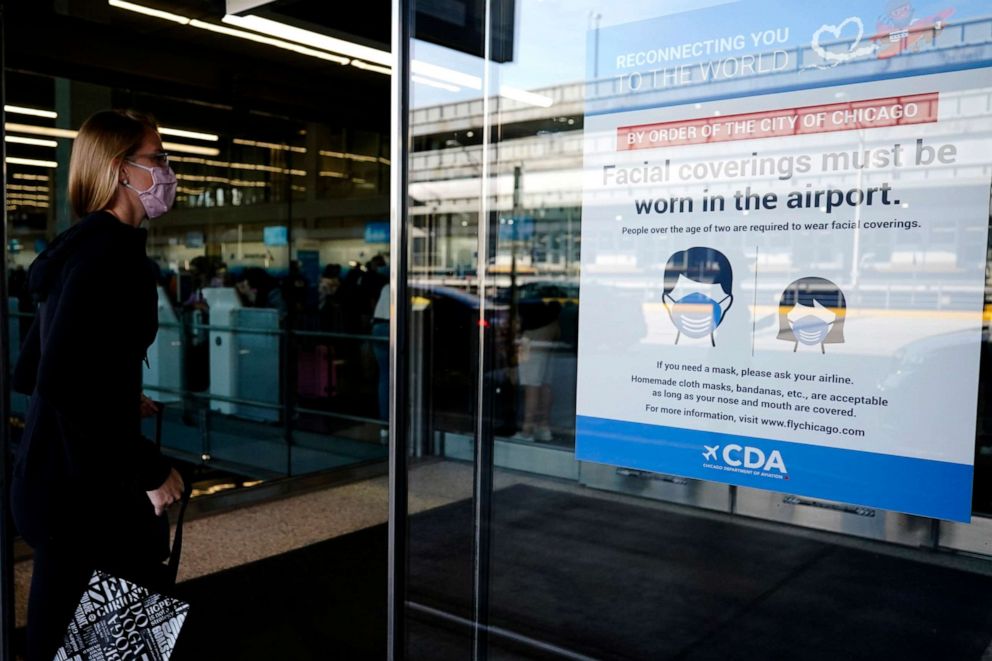
The holiday travel season also comes on the heels of comments made by Dr. Anthony Fauci, the nation's top infectious disease expert, who said he would support a vaccine requirement for air travel.
"I would support that," Dr. Fauci told The Skimm podcast last week. "If you want to get on a plane and travel with other people ... you should be vaccinated."
Bhatt said a vaccine requirement would decrease the risk of infection while traveling even further.
“It's certainly something important to think about and given that we've seen certain actions be taken around accelerating vaccinations via mandates employer, actions, and even airlines employees are being mandated to be vaccinated,” Bhatt said.
The U.S. Travel Association responded to Fauci’s comments, saying while it supports people getting vaccinated, it has "long maintained that there should be no mandatory vaccination requirement for domestic travel."
The group said the current federal mask mandate is enough to keep passengers safe -- pointing to a study conducted by the Department of Defense in partnership with United Airlines.
The study found that the risk of COVID-19 exposure onboard an aircraft is "virtually non-existent," and when masks are worn, there is only a 0.003% chance particles from a passenger can enter the breathing space of a passenger sitting beside them.
“My advice is get vaccinated if you're not, I would say look at the level of community transmission, and think about places you might be able to go and outdoors when you're traveling, and most importantly, have your mask,” Bhatt said.
